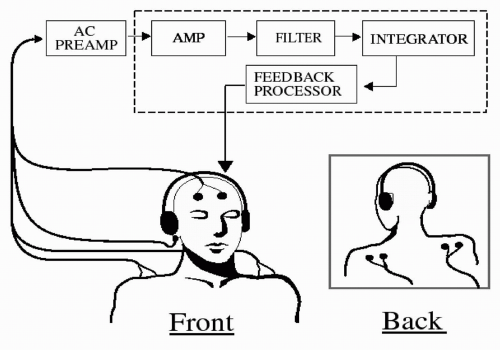Relaxation |
Progressive muscle relaxation |
Systematic use of muscle tension and release exercises to achieve relaxation. |
Muscle stretching |
Gentle stretching of neck and shoulder muscles to lengthen and relax sore and tight muscles |
Imagery |
Creating a relaxing mental image and focusing on the sensory experiences associated with the image (e.g., tranquil beach scene) |
Relaxation by recall |
Inducing relaxation without first tensing muscle groups by recalling sensations associated with muscle relaxation |
Cue-controlled relaxation |
Use of a cue or signal that has been repeatedly paired with relaxation to induce relaxation |
Abdominal breathing |
Slow, paced breathing from the diaphragm |
Autogenic phrases |
Use of repeated phrases to elicit sensations of relaxation (e.g., “My arm feels warm, heavy and relaxed”) |
Cognitive-Behavioral Therapy |
Challenging stress-generating thoughts |
Use of self-talk to challenge stress-generating thoughts and develop adaptive coping statements (e.g., “I will focus just on the task in front of me instead of worrying I will not be able to complete the project until next week”) |
Challenging stress-generating beliefs |
Identifying and evaluating core beliefs that underlie stress-generating thoughts and developing an alternative perspective (e.g., “Instead of automatically assuming my boss is unhappy with me when I have no information, I will challenge my tendency to think in this habitual way. Instead I will evaluate the evidence for my fear.”) |
Pain Management |
Brief relaxation |
Using brief relaxation techniques to keep the emotional distress and physiologic arousal that accompany pain from further aggravating pain in a vicious cycle |
Cognitive restructuring |
Challenging pain-related worries (e.g., “Just because the pain has started I don’t have to jump to the conclusion my whole weekend is ruined”) |
Attention diversion: imagery |
Mentally shifting attention away from the pain to involvement in a vivid mental image (e.g., favorite vacation spot) |
Attention diversion: concentration |
Mentally shifting attention away from the pain to a pleasant or neutral cognitive task (e.g., recalling lyrics of a song) |
Pain transformation |
Use of imagery to alter or transform sensory qualities of pain (e.g. pounding pressure is imagined to be a drumbeat that becomes slower and softer over time) |










